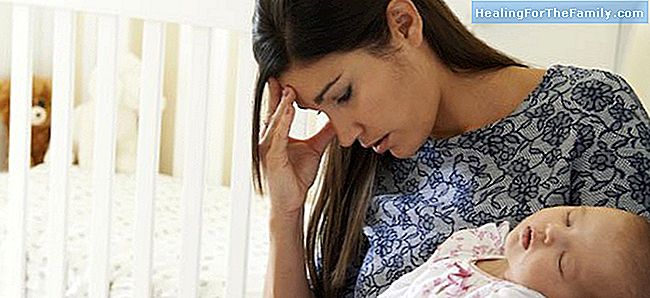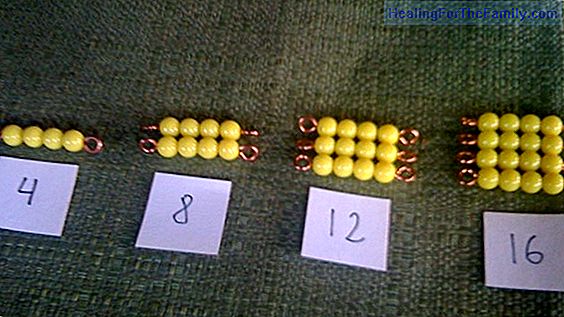What is Baby Blues after childbirth
Baby Blues is a term used when referring to puerperal or postpartum sadness, which affects 80% -85% of mothers during the days following childbirth , probably due to the hormonal changes that are taking place at this crucial moment in their lives, but also due to the fatigue, nerves and lack of slee
Baby Blues is a term used when referring to puerperal or postpartum sadness, which affects 80% -85% of mothers during the days following childbirth , probably due to the hormonal changes that are taking place at this crucial moment in their lives, but also due to the fatigue, nerves and lack of sleep that the new situation brings.
Why the baby blues appears after delivery

It is known that after childbirth there is an increase in estrogen and progesterone that influence the emotional state of the woman (this effect is observed in the days before menstruation). To all this cocktail of hormones we have to add the changes in daily life, the demands that a baby makes ...
The recently released mom can have sudden mood swings in which she feels sadness and anxiety, feeling of emptiness, difficulties to sleep or excessive sleep. Crying or easy sob, irritability, feeling guilty for not being happy, as expected by their family environment; need for help, which is usually not able to ask, pessimistic thoughts, alterations of appetite, either with an excess of food intake or loss of the desire to eat.
Symptoms of baby blues in the mother
The woman can also feel:
- Fatigue and lack of energy, although the mother will be more tired due to the lack of a good night's sleep every night.
- Difficulty concentrating.
- Anxiety.
- You may suffer from headaches, digestive disorders or chronic pain.
But the biological aspect expresses a part of the problem, since the mother is also subjected to a situation of psychological stress in the face of the change of life that occurs in the care of her son since his sleep is altered, breastfeeding causes physiological wear Your body and these changes can create anxiety.
If you have not been warned, a mother may be surprised not to feel as happy as she expected with the arrival of her son and even think that she is not a good mother, but a little rest and support is usually enough to overcome this problem. period, especially if you consider that it is something normal and transitory.
The symptoms of postpartum sadness are not severe, and last 3 to 5 days. No type of medical treatment is necessary. Consejos 5 tips to avoid baby blues after childbirth
But what mom can do to feel better during this stage of puerperal sadness is:
1. Sleep when the baby sleeps.
2. Delegate on household chores.
3. Not feel obligated to social commitments.
4. Ask for help from the couple and share what they feel with them, thinking that living with their baby implies mutual learning. Es 5. The help of grandmothers, close relatives or friends is very important because a support network is created around the new mother that will help her to overcome this stage.
And, above all, it can be very beneficial to join as soon as possible a support group aimed at new mothers and talk with other mothers to exchange ideas.
The most important thing is to ensure that women do not feel alone, but find support in their environment and be able to ask for help when they need it. The cases of postpartum depression are around 10-15%, that is to say that most of the times we say that a woman has it, we are really referring to a sadness. The symptoms of depression are much more pronounced, and more severe and continue over time.












